The world was eagerly waiting to hear who the 2019 Nobel Peace Prize laureate would be and now, finally, that wait has come to an end. The winner is Abiy Ahmed, the Prime Minister of Ethiopia, for his peacemaking deal with longtime enemy Eritrea.
43-year-old Ahmed was one of the favorites to win this year’s Nobel Peace Prize. He was also recently congratulated for his role in helping create a powersharing deal in Sudan, after a political crisis that led to the arrest of Omar al-Bashir, who was the ruler of the country for nearly 30 years.
Many people thought that the prize would be awarded to 16-year-old Swedish teenager, eco-warrior, and climate justice activist Greta Thunberg. The Nobel committee refused to comment about not choosing Thunberg as the winner of this year’s prize.
More info: NobelPeacePrize.org
The winner of 2019’s Nobel Peace Prize was not who many imagined it would be
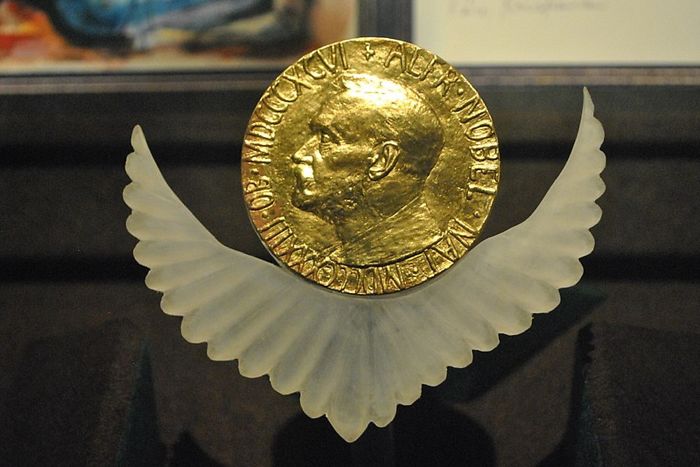
Image credits: ProtoplasmaKid
The winner of the 100th Nobel Peace Prize was announced at 11 AM CEST (5 AM Eastern Time), after careful deliberation. There were a total of 301 candidates running for 2019’s prestigious award. Among them were 223 individuals and 78 organizations.
Greta Thunberg was one of the favorites to win this year’s prize
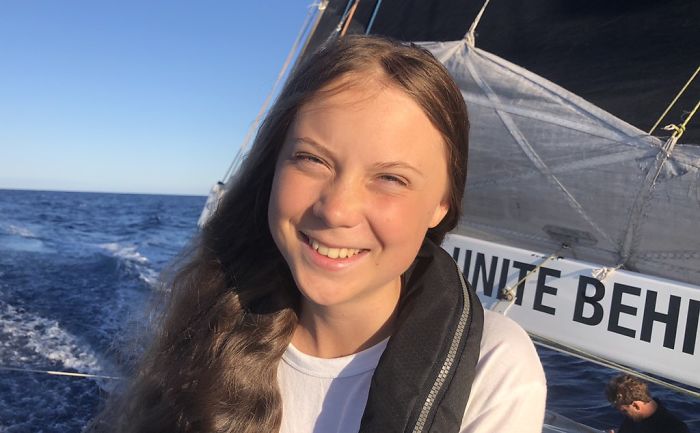
Image credits: Greta Thunberg
“I think what Abiy did with the Eritrea issue was very courageous and remarkable. I think a lot of people have considered that what he has done is worthy of such a recognition. The two countries are no longer in the state of war. Families have been reunited because flights are now running between the two countries. Relations that have been severed for 20 years have been rekindled,” Awol Allo, an associate professor of law at Keele University in the United Kingdom, told the media.
Greta Thunberg has a lot of supporters, but plenty of critics as well
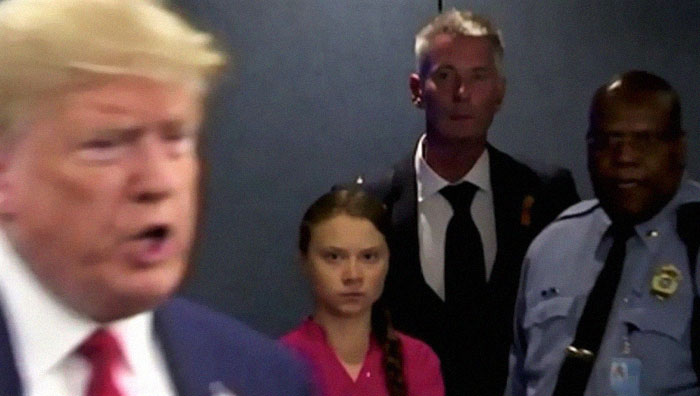
Even though the names of nominators and nominees aren’t revealed for 50 years and we won’t know this year’s full list for half a century, Thunberg was one of the people who had been flagged as favorites to win the nomination. You can read Bored Panda’s previous articles about the teenager here, here, here, here, as well as here.
You can watch Greta Thunberg’s UN speech right here
Thunberg has been causing waves (sometimes literally) around the world for a while now, especially in the last few months, with her trip across the Atlantic Ocean using a zero-emission yacht and her fiery yet controversial speech at the United Nations Climate Action Summit.
The Nobel Committee refused to comment about not awarding the prize to Greta Thunberg
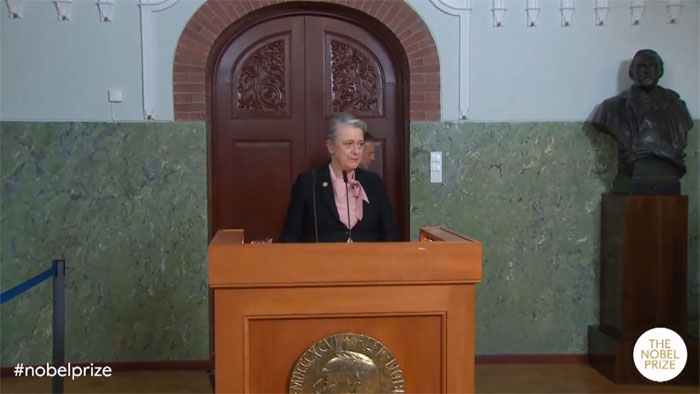
Some people are very supportive of her message that world leaders ought to be doing more to fight climate change. Others believe her intentions are good, but the tone she’s taking with politicians is too aggressive to bring about real change.
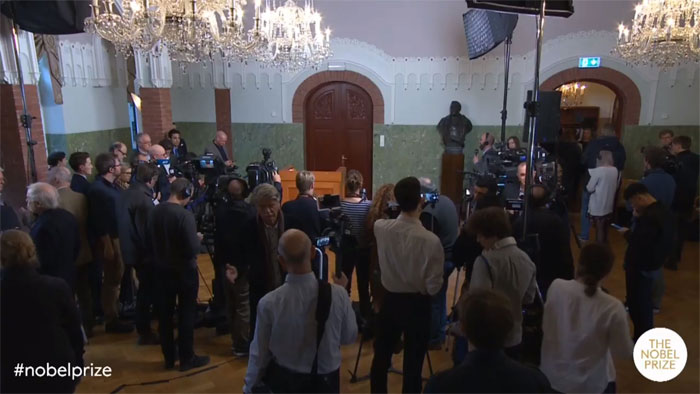
A third category of people thinks that Thunberg ought to be fighting global warming in practical terms, instead of speaking empty platitudes. While a fourth group of people criticizes the teenager because they don’t believe in climate change and the current global ecological crisis at all. While finding common ground between all of these positions is difficult, it doesn’t mean that we should all start shouting and yelling at each other. A civilized discussion is possible. All it takes is some patience and willingness to find compromises.
The Nobel Peace Prize was awarded to Abiy Ahmed, the Prime Minister of Ethiopia
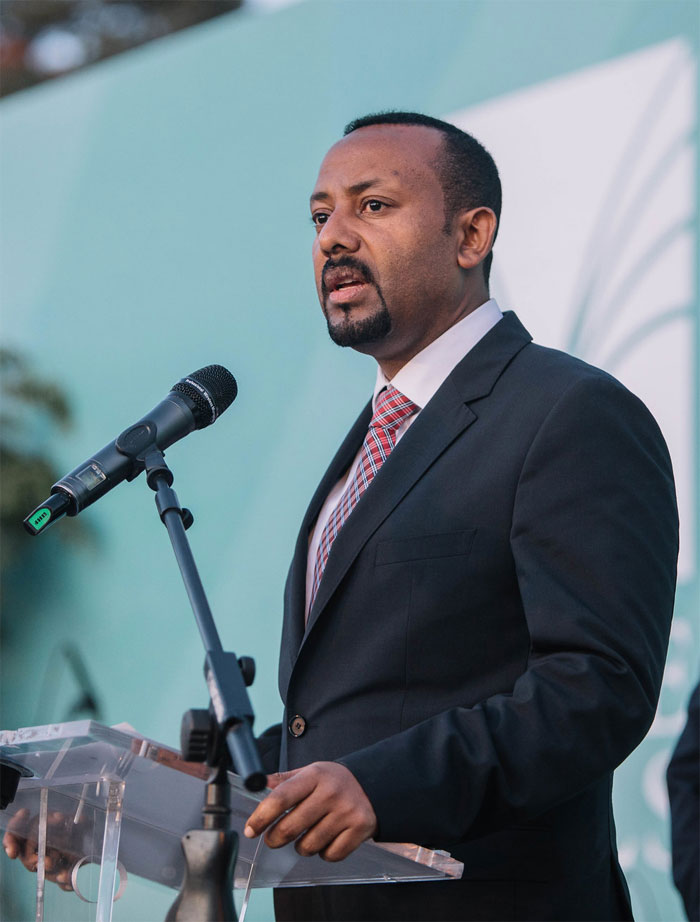
Image credits: Aron Simeneh
2018’s Nobel Peace Prize was given to former ISIS slave Nadia Murad and Dr. Denis Mukwege, from Congo.
Previous winners:
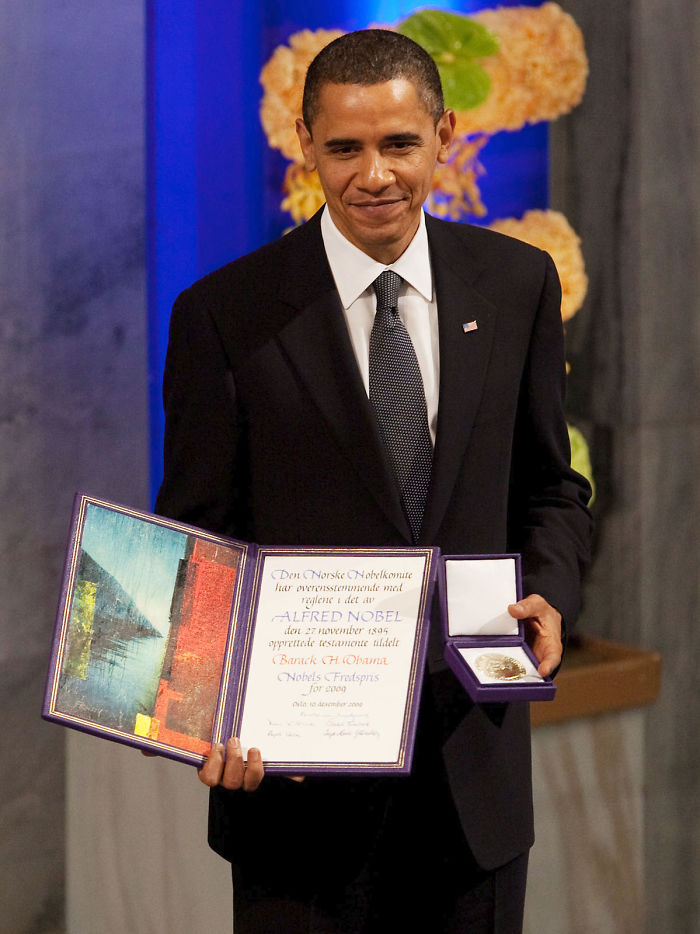
Image credits: The Official White House Photostream
2009- Barack Obama “for his extraordinary efforts to strengthen international diplomacy and cooperation between peoples.”
2010 – Liu Xiaobo “for his long and non-violent struggle for fundamental human rights in China”
2011 – Ellen Johnson-Sirleaf, Leymah Gbowee and Tawakkul Karman “for the security and women’s rights”
2012 – European Union “for having over six decades contributed to the advancement of peace and reconciliation, democracy and human rights in Europe”
2013 – Organisation for the Prohibition of Chemical Weapons for its work in destroying chemical weapons
2014 – Kailash Satyarthi (India) and Malala Yousafzai (Pakistan) “for their struggle against the suppression of children and young people and for the right of all children to education.”
2015 – Tunisian National Dialogue Quartet “for its decisive contribution to the building of a pluralistic democracy in Tunisia in the wake of the Jasmine Revolution of 2011”
2016 – Juan Manuel Santos “for his resolute efforts to bring the country’s more than 50-year-long civil war to an end, a war that has cost the lives of at least 220,000 Colombians and displaced close to six million people”
2017 – International Campaign to Abolish Nuclear Weapon “for its work to show the humanitarian crisis of any use of nuclear weapon and for its ground-breaking efforts to achieve a treaty-based prohibition of such weapons.”
2018 – Denis Mukwege, Nadia Murad “for their efforts to end the use of sexual violence as weapon of war and armed conflict.”
from Bored Panda https://ift.tt/2nB9Vls
via IFTTT